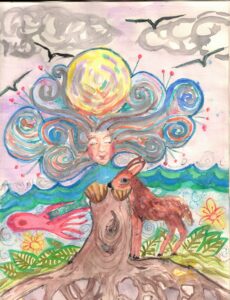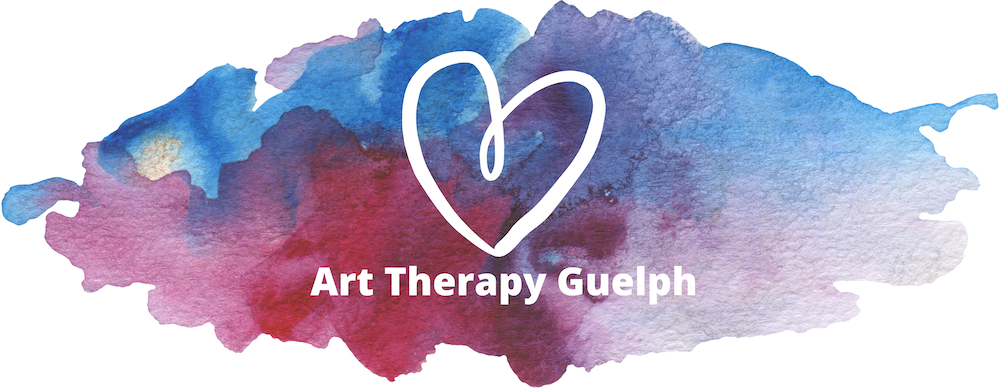 Having empathy means the ability to share, understand and acknowledge another person’s feelings compassionately. It can be related to the knack of imagining what someone else may be feeling and thinking. Empathy is different than sympathy, which is to feel pity or condolences for someone or something. The term “empath” has a different meaning than just having empathy. Empaths develop an increased ability to tune into other people’s states, feelings and/or emotions. They report they pick up on people’s energies around them. For example, they feel other people’s emotions, feelings, or pain without speaking to them. They develop a gift of psychic ability. They may also be sensitive to environmental changes, such as incoming weather systems or the full moon. Judith Orloff offers a questionnaire that helps one determine if they are an empath.[1]
Having empathy means the ability to share, understand and acknowledge another person’s feelings compassionately. It can be related to the knack of imagining what someone else may be feeling and thinking. Empathy is different than sympathy, which is to feel pity or condolences for someone or something. The term “empath” has a different meaning than just having empathy. Empaths develop an increased ability to tune into other people’s states, feelings and/or emotions. They report they pick up on people’s energies around them. For example, they feel other people’s emotions, feelings, or pain without speaking to them. They develop a gift of psychic ability. They may also be sensitive to environmental changes, such as incoming weather systems or the full moon. Judith Orloff offers a questionnaire that helps one determine if they are an empath.[1]
Empaths take on helping roles in relationships and at times choose careers in healing professions like herbalist, nutritionist, homeopath, psychotherapist, counsellor, crisis worker, yoga teacher, veterinarian, or spiritual director. According to Orloff 2022, they need strong boundaries in stressful jobs like police officers, legal work and customer service. A balanced empath feels grounded, does self-care, trusts their intuition, and sets clear boundaries. Ideally, an empath mirrors how another person is feeling by sharing, rather than taking on their problems and/or fixing others.
Becoming an empath may be related to a person’s temperament, supportive parenting, and genetics.[2] Unfortunately, many empaths suffered from childhood abuse or narcissistic parents. They can struggle with boundaries. They may have difficulty knowing what is actually theirs to feel and own because they feel very deeply for others’ struggles. Empaths in a healing profession easily develop burnout from taking on other people’s problems. When an empath is out of balance, they easily feel overwhelmed. In the long term, it causes burnout. They may find noise, crowds, TV violence, negativity, and superficial talk draining. They may be shy and quiet. They connect well with animals and nature. They are sensitive to noises, and foods. They may have allergies and low blood sugar.
Empaths tend to be very creative, it can be a soul-filling act for them. They may be artistic by using art materials to create something but they may love cooking, gardening, decorating, storytelling, acting or music. Art therapy is an excellent therapy tool for the empath. The act of creating with an art therapist provides quiet time for reflective self-care. It allows a person to work out the stress of the day in their artmaking. Guided artmaking often brings symbols and images forward that needs to be expressed and processed. Empaths engaging in art therapy, have an opportunity to release into their art, what’s been hanging onto them. In art therapy sessions, positive coping tools are offered like healthy boundaries and grounding techniques. Art therapy illuminates issues that need reflection. Being an empath, I can attest to the healing powers of art therapy.
[1] Orloff, Judith. Are You an Empath? Take the Self-Assessment Test. Psychology Today. URL Are You an Empath? Take the Self-Assessment Test | Psychology Today Canada
[2] Orloff, Judith. Why people become empaths. The Minds Journal. URL Why People Become Empaths: 4 Contributing Factors From Trauma to Genetics (themindsjournal.com)
Heather Caruso of Art Therapy Guelph is a registered psychotherapist and art therapist, for more information on how she can help, contact us below:
